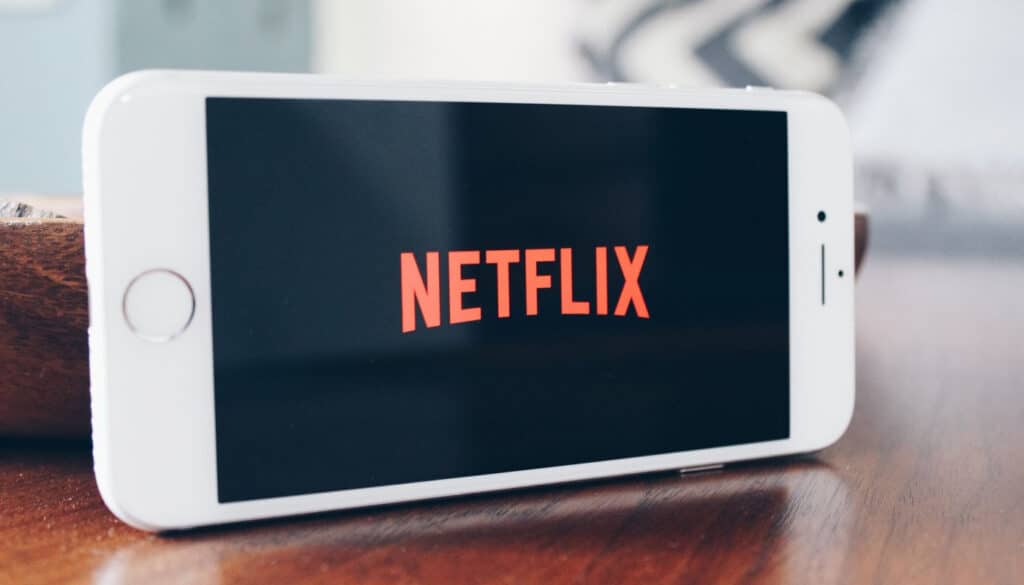Netflix, once the darling of the streaming world, has been experiencing a tough few years. Despite pioneering the subscription model for streaming services, the company has seen a decline in its subscriber numbers, its stock price and has struggled to produce hit shows and movies. Here’s a look at why Netflix is bleeding money and what the company can do to turn things around.
Name Me Some Reasons
One of the biggest reasons for Netflix’s financial struggles is the loss of subscribers. After years of rapid growth, the company’s subscriber numbers have plateaued in recent years. This has been partly due to increased competition from new streaming services like Disney+, HBO Max, and Amazon Prime Video, all of which are vying for a slice of the streaming pie.

Another factor that has contributed to the loss of subscribers is the company’s decision to raise its prices. While it’s true that Netflix has to pay for its original content, the higher prices may have pushed some fans to cancel their subscriptions. Netflix’s top-tier plan now costs $18 per month in the United States, up from $8 a month back in 2013.
While this price hike may seem necessary for the company’s survival, it has undoubtedly had an impact on the bottom line. In addition to the loss of subscribers, Netflix has also seen a decrease in its stock price. The company’s stock has been volatile in recent years, with investors worried about the company’s ability to keep producing hit shows and movies. In fact, Netflix’s stock has fallen by around 20% from its all-time high in 2018, which is a significant drop for any company.
One possible reason for the decline in Netflix’s stock price is the fact that the company has not been able to produce enough hit shows and movies. While the company has had some successes with shows like “Stranger Things” and “The Crown,” it has also produced several high-profile flops like “Bright” and “The Cloverfield Paradox.” With so much competition in the streaming market, Netflix needs to continue producing high-quality content to stay relevant and maintain its subscriber base.
Another factor that has hurt Netflix’s bottom line is the cost of producing original content. While the company has always prided itself on creating its own shows and movies, this has come at a high cost. Netflix reportedly spent around $15 billion on content in 2019 alone, which is a staggering amount of money. While it’s true that the company needs to invest in its own content to stay competitive, it’s clear that the high production costs are taking a toll on its finances.
In Need of a Turn-around
So, what can Netflix do to turn things around? For starters, the company needs to focus on producing hit shows and movies that will keep subscribers coming back for more. This means investing in high-quality content that will resonate with viewers rather than simply churning out as much content as possible. In addition to producing better content, Netflix also needs to focus on retaining its existing subscribers. This means being more transparent about its pricing and communicating with fans more effectively. The company could also offer incentives to fans who have been with the service for a long time, such as discounts on their monthly subscription fee.
Finally, Netflix needs to continue to innovate and evolve as a company. This could mean expanding into new markets, like Asia or Africa, or exploring new business models, such as a hybrid streaming/cable service. By staying ahead of the curve and constantly adapting to the changing market, Netflix can continue to thrive in the years ahead.
Netflix is bleeding money due to a combination of factors, including the loss of subscribers, the decrease in its stock price, and the high cost of producing original content. To turn things around, the company needs to focus on producing hit shows and movies, retaining its existing subscribers, and continuing to innovate and evolve. By



